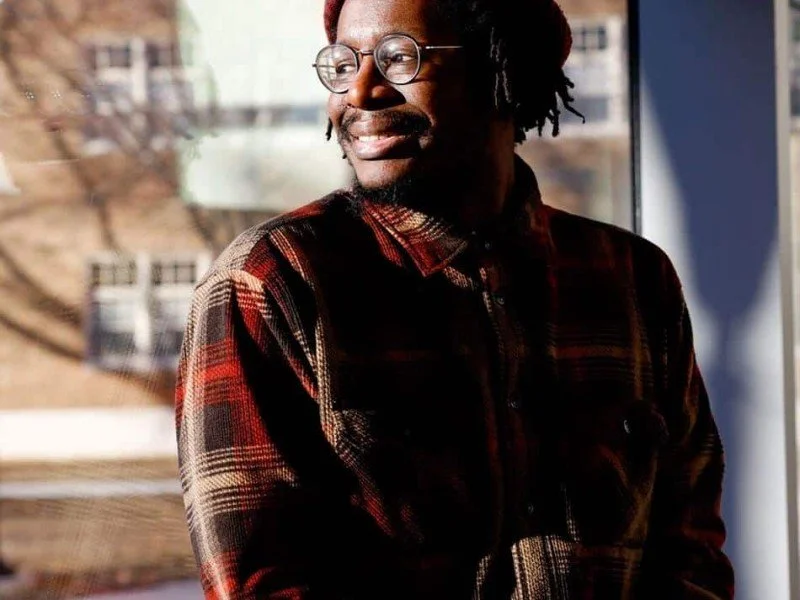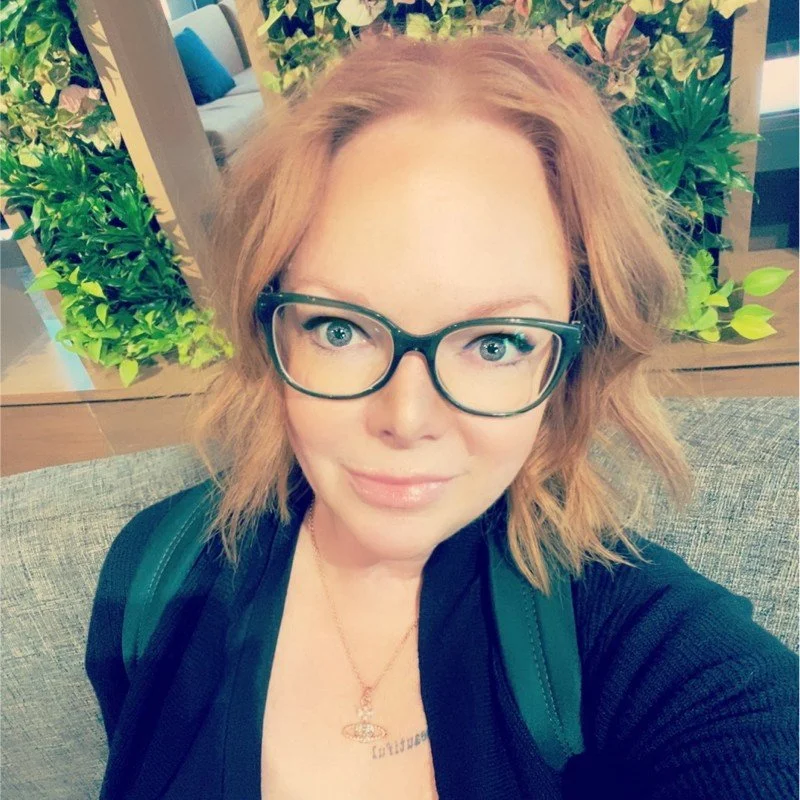Meditation Testimonials
“When I think about the physiological state of transcendental consciousness, what comes to mind first is how I scan my body during meditation. It’s almost second nature now—how I settle into those first few breaths and start noticing the places where tension lives. My shoulders. My neck. My chest. Sometimes my jaw. They’re the parts of me that carry the day, the weight of thoughts I didn’t realize I was holding. I don’t force anything. I just notice.
As I inhale, I bring my awareness to those places. I breathe into them on purpose—like I’m offering them some room to breathe too. My breath isn’t just air; it’s like a gentle hand loosening knots, a quiet reminder that I don’t have to hold it all. I let the breath move into my shoulders and soften them. I invite it into my chest to ease that pressure that creeps in when I’m not paying attention. My neck lengthens a bit. My body starts to remember what ease feels like.
There’s something about that process that shifts everything. It’s not just relaxation—it’s like the body begins to settle into itself, and the mind follows. My heartbeat slows down, and there’s a sense of stillness that opens up inside me. I’m not thinking about being calm. I am calm. And in that stillness, I feel connected—not just to my body, but to something deeper, something wider. Like I’m tapping into a space beyond thought, beyond stress, beyond even emotion.
That’s where transcendental consciousness shows up for me. Not in some abstract spiritual high, but in this grounded, embodied awareness. It’s the feeling of being fully here—aware of my breath, my body, my being—and at the same time, feeling like I’ve let go of something heavy. The stillness doesn’t feel like escape. It feels like home.”
Read more about Aubrey “Mr. Aubs” Barnes here.
“I’ve written about my recent struggles with TM, which I’ve worked out with my TM instructor and am now back at it again on a daily basis. In one session following this, I had the most incredible experience. On this day, the waters of my mind were calm, slowly lapping against me as I floated on my back on top of the waves, staring up at the cloud-dotted blue sky.
As I closed my eyes fully and repeated my “mantra”, I began to drift down. Normally, I float slowly to the sandy bottom, feet first. This time, for some reason, I somersaulted my way down. Not in an expeditious, rushed manner, but slow, loopy turns. It felt exhilarating! Along the way, a milky-white Beluga Whale circled me, curiously calling out to me with its low repertoire of vocalizations. Perhaps these were my thoughts echoing along the way. I was no longer present as I silently drifted to the bottom. Stillness surrounded me, loudly. Usually, when I meditate, I am left in the inky darkness of the bottom of the ocean, but this time, the sunlight followed me down and bathed me in its bright rays. A peaceful, intimate feeling washed over me, and the rays were now radiating from me.
As I sat in silence, I could feel myself levitating. My mind was crystal clear, and I felt nothing, but at the same time, everything. It was almost erotic in a sense, or like an aphrodisiac. Time ceased to exist, and the universe tuned in.”
“One of the things I appreciate about the Creative Writing program and MIU is the focus on the role consciousness plays not just in creativity, but everyday life. Through the lens of creative writing though, I find that when I am engaging in drafting especially, it does feel like I am connecting with or pulling from a flow state or collaborating with a larger entity or frequency. That I am somehow
attempting to transcribe something ephemeral while weaving it through my own experience. I also find practicing TM is beneficial not only for my creative practice directly, but in improving my life including peace and stress management. Spirituality is a big part of my writing so my understanding and exploration of consciousness positively impacts my inspiration.
Something I continue to work on and become more and more comfortable with over time when it comes to my creative process is the role that self-care plays. I now make more space and time for rest, and do my best to pace myself when it comes to school, including this residency. I always have had high standards for myself and still do, but I’ve come to be more gentle with myself and try to respect the rhythms of my own energy. Some days I have more energy and flow than others, and instead of beating myself up over all I feel like I should have accomplished, I now instead try to focus on how much progress I’ve made. Focusing on progress instead of perfection helps ease expectations on myself, yet still feel encouraged to see continued growth.”
“What I’ve noticed is that my awareness expands most when I release technique altogether—when I enter silence, connect inwardly, move into the void, and let structure dissolve. This has taught me that many craft techniques function best not as generators of awareness, but as containers for what arises from stillness. In other words, silence is primary; craft is secondary.
In my genre, I’ve learned that writing deepens when it emerges from a state of listening rather than construction. Practices like white space, restraint, and the “gap” don’t create transcendence for me—they protect it. They give form to something already perceived in silence.
Letting go of structure has also shown me that spontaneous right speech isn’t something I force onto the page; it arrives when the channel is unobstructed. When I “float” first—when awareness expands prior to writing—the words often come already carrying coherence, rhythm, and meaning. Craft then becomes an act of witnessing and gentle refinement, not control.
So for me, awareness doesn’t expand through adding layers, but through subtraction—through silence, surrender, and trust. Structure only enters afterward, in service to what was received.
That perspective actually deepens the list we were given. It suggests a hierarchy:
Silence before sound
Void before form
Awareness before technique
And it quietly reframes craft itself—not as a method for reaching depth, but as a way of not losing depth once it’s been touched.”


